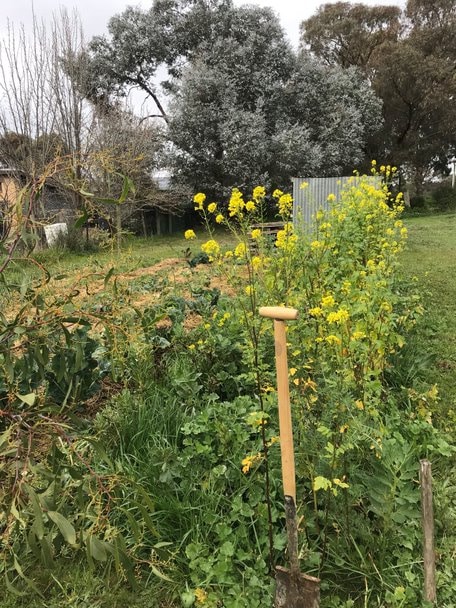Even though many plants are practising deep rest during winter, quietly saving up their energy to burst back into life with the first flush of spring warmth, for the gardener, winter is not a time of rest. Sure the pace may be at a more steady clap compared with the hectic frequency of spring through to autumn but the To Do List is nevertheless significant.
Winter is the time to…
Winter is the time to catch up with all the as yet undone jobs that didn’t take highest priority in the fast-paced warmer months. It is the time to plan the next 6-12 months of product, sort out your seed collection and order the seeds you’ll need for your spring sowings. Its also an important time for preparing the ground where you’re wanting to plan the first of your warm season crops.
The time you spend paying attention to your soil and feeding it, will pay off ten fold in the vibrancy and health of your plants. Soil work is constant and ongoing and healthy soil is synonymous with a healthy immune system for your plants. In a productive garden we are always ‘taking from’ the system. That is: Harvesting things to eat and therefore removing them (and the nutrients they hold) from the system. We constantly need to be replacing the nutrients we have taken somehow. This can be done in lots of ways, but as with most things in a garden, diversity is the key.

Organic Matter
Improving your soil, regardless of soil type, comes down to adding organic matter. The more diverse the sources of organic matter the better. Every different plant or manure will be made up of very different nutrients so the more diverse the type of organic matter you add to your soil the more well rounded and diverse the nutrient balance will be.
Organic matter is anything that is or once was living, at any stage of its decomposition. Types of organic matter that you can add to your soil include animal manures, compost and plant matter. Different animals create very different manures with different carbon : nitrogen ratios. The higher the nitrogen content (ie with pic or chook poo) the stronger the manure and the more necessary it is to mix it with straw and allow it to settle or break down a bit before you use it. Cow and sheep poo are generally much milder than chooks but it is a good idea to compost all manures down for a while rather than using them fresh in your garden.
Information on Compost and Green Manure is included in our next post.
Sas Allardice
Vegetable Expert

0 Comments